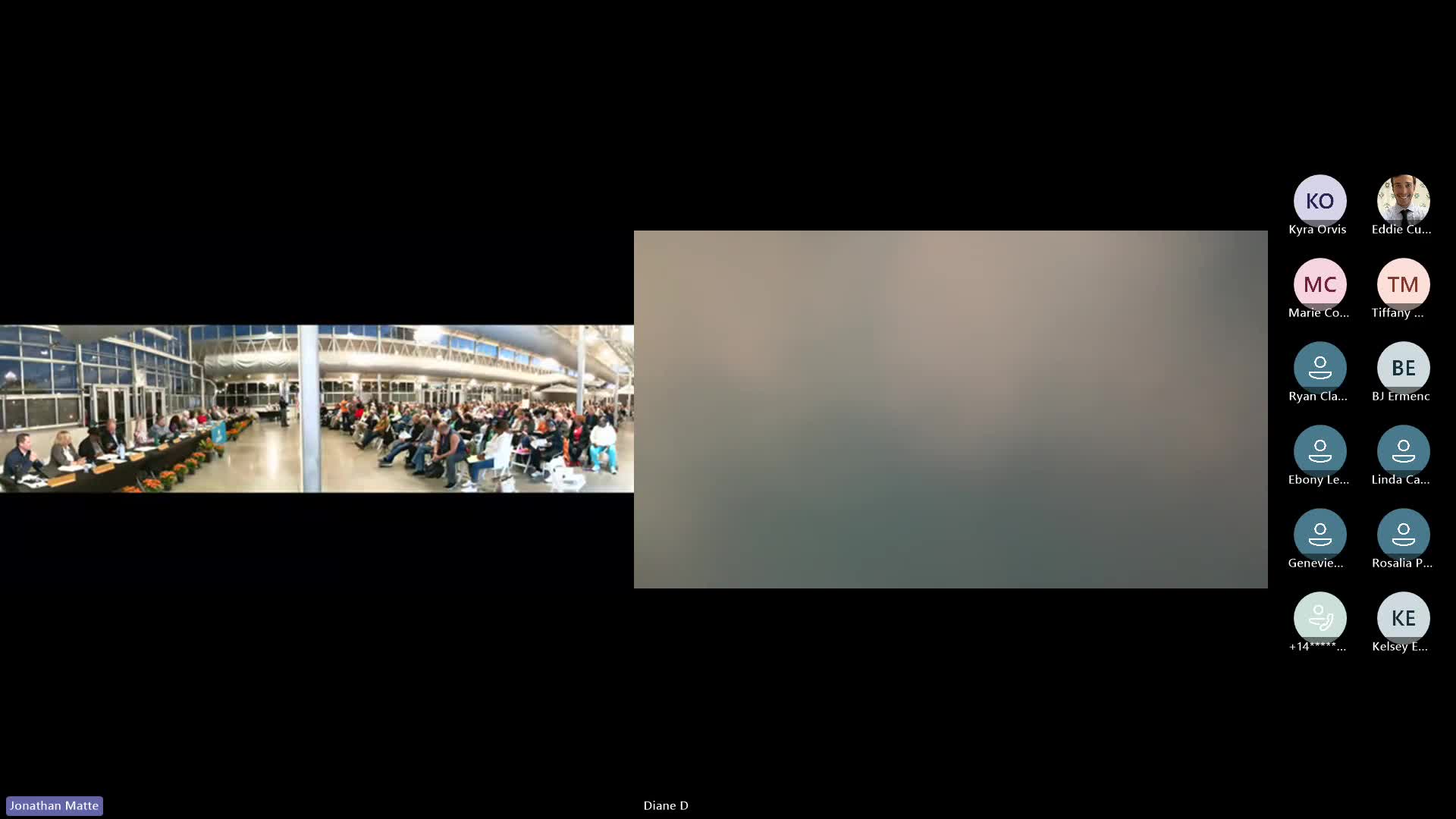Residents, advocates warn proposed cuts to MCTS would leave riders without reliable service
Get AI-powered insights, summaries, and transcripts
Subscribe
Summary
At a public hearing on Milwaukee County's 2026 recommended budget, scores of residents, transit users and disability advocates urged supervisors to restore or rethink proposed cuts that would eliminate six MCTS routes and reduce service on others, saying the changes would harm students, seniors, people with disabilities and workers who rely on the
More than a dozen residents, transit riders and disability advocates told the Milwaukee County Board of Supervisors on Oct. 27 that proposed reductions to Milwaukee County Transit System (MCTS) service — including elimination of six routes and reduced frequency on others — would cut essential access to work, school, medical appointments and groceries.
Speakers repeatedly urged the board to preserve routes flagged for elimination or to consider limited “tripper” or peak-hour service as a short-term alternative. “The dismantling and destruction of our transit system is directly proportional to the degradation of the blind community's access to our city,” said Jedidiah Moss, a legally blind resident and member of the National Federation of the Blind. “We need an affordable and reliable transportation system for us to fully exist in this city.”
Advocates, students and operators described uses for the most threatened lines. Tristan McClinton, a West Side resident who recently returned to Milwaukee, said the No. 33 connects corridors ripe for redevelopment and keeps people employed and connected. High-school students including Maya Matis and Sebastian Clancy said routes such as the 20 and 55 are how they get to school and dual-enrollment classes; cutting them would lengthen commutes, force transfers and, in some cases, risk safety walking in the dark in winter.
Transit union members, paratransit users and operators also pressed the board for alternatives to route eliminations. Kevin Myers, a member of the same-day pilot task force, warned that reductions would push more riders onto paratransit, increasing Transdev charges to the county and lengthening ride times. “Shorting a bus route is gonna take away from us getting to a certain destination,” Myers said.
Some commenters pointed to concrete financial proposals. A public comment cited an MCTS director’s chart showing “tripper” peak-hour service for routes 20, 28, 33, 34, 55 and 58 and estimated the short-term cost at roughly $1.7 million. Supporters asked supervisors to consider that option while MCTS management and county leaders pursue longer-term funding solutions.
Public-safety concerns and fare evasion also surfaced. Operators and union representatives said fare evasion and safety incidents have driven down revenue and undermined service reliability; several speakers asked the board to fund public-safety presence on buses rather than trim routes. “We should be starting cutting them down there instead of cutting the people that that's paying for transit, the taxpayer,” said union vice president Michael Brown, referring to MCTS management decisions that contributed to the agency’s shortfall.
Board process and next steps: the finance committee will meet again Oct. 31 to finalize recommendations; the full board is scheduled to adopt the 2026 county budget on Nov. 6. No formal vote on transit service changes occurred at the hearing — commenters requested that supervisors consider amendments that would preserve routes or fund pilot service.
Ending: Residents characterized the proposed cuts as a threat to independence and equity. “Cutting them isn't just about saving money, it's about what kind of county we want to be,” said Elizabeth O’Brien, a public-health professional who urged preserving transit and related investments in climate and public health programs.
